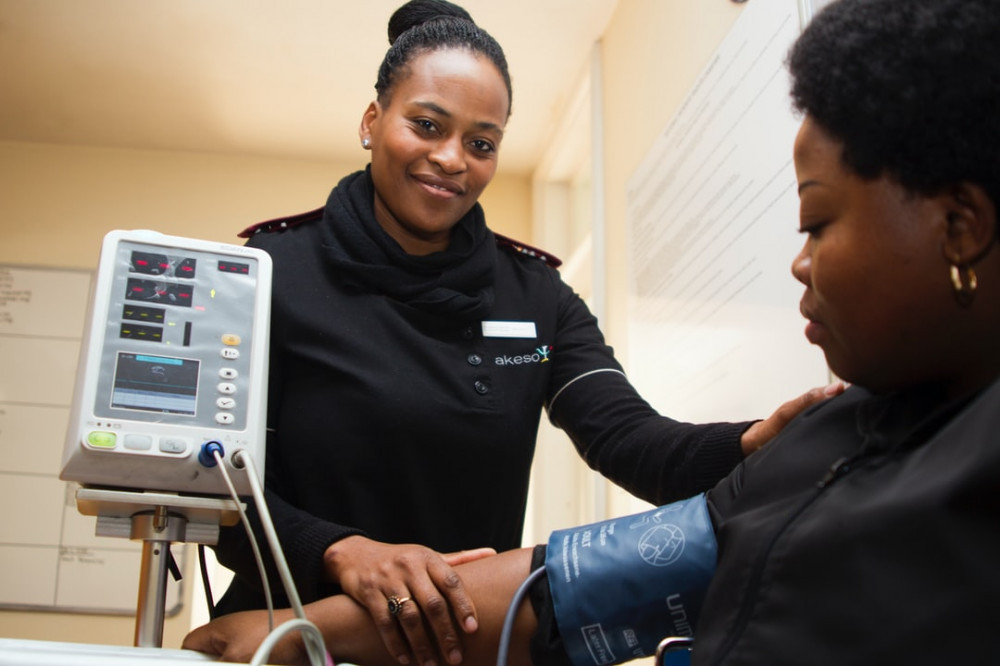The heart is at the heart of all things.
The heart accommodates a lot of the changes in plasma volume that occurs in your pregnancy and continues to function optimally for the growth and the development of your baby. The plasma volume increases by almost 50% in your pregnancy and this volume must be handled effectively by the heart for proper fetal development and maternal support. If the heart is diseased it will not be able to cope with this enormous task entrusted to it and will fail hence the weakness of the muscles of your heart is sometimes the main reason a mother will be discouraged from starting, carrying or continuing her pregnancy.
Postpartum cardiomyopathy also called peripartum cardiomyopathy (PPCM) is the commonest disease of the heart muscles that affects a pregnant mom. The cause of this condition is unknown and it occurs in a woman with no previous history of heart disease, no prior symptoms or signs and no laboratory evidence of prior heart disease.
For you to make a diagnosis of PPCM, you will have to satisfy the following conditions
- The heart failure must be from within the last month of pregnancy to 5 to 6 months following delivery.
- Absence of a known etiology.
- Absence of a demonstrable cardiac disease prior to onset of pregnancy.
- Echocardiograpiic evidence of decreased left ventricular systolic function
It is a form of dilated cardiomyopathy and the heart finds it difficult to maintain its ejection fraction which remains below 45% leading to failure as it can’t pump enough blood to nourish the vital organs of the body.
This is a rare disease and affects about 1000 to 1300 women yearly in the USA based on data from the American Heart Association.
Causes
The cause of postpartum cardiomyopathy is unknown but as the heart pumps about 50% more blood during pregnancy there are suggestions that this extra load combines with other factors to weaken the muscles of the heart and lead to heart failure.
Risk Factors
As there is no definitive cause of PPCM, there has been so many risk factors associated with the disease
- Haemodynamic stresses of pregnancy
- Viral myocarditis
- Autoimmune disease
- Alcoholism
- Obesity and Diabetes mellitus
- Hypertension and Preeclampsia
- Multiple pregnancy
- Grand multiparous women
- Smoking and Cocaine abuse
- Poverty and Malnutrition
- Extremes of maternal age (very young and very advanced)
- Hormonal effects of pregnancy
- Genetics especially African descent
Symptoms and Signs
The symptoms you will experience with PPCM are similar to the symptoms of heart failure. The majority of the patients present within the first week of delivery with the following
- Chest
 pain
pain
- Shortness of breath (Dyspnoea)
- Rapid or fast or racing heartbeat (Palpitation)
- Leg swelling (Edema)
- Inability to lie down flat (Orthopnea)
- Fatigue
- Cough
- Frequent nighttime urination
- Fluid in the lungs (Pulmonary edema) characterized by persistent cough and difficulty in breathing
It is very important that you and your doctor have a high index of suspicion in order to diagnose postpartum cardiomyopathy as some symptoms may be mistaken for the normal symptoms of late pregnancy and be dismissed as normal. This misdiagnosis can be fatal as PPCM can lead to development of pulmonary embolism which can result in stroke or myocardial infarction
Diagnosis
A simple detailed history and a physical examination combined with stethoscope findings in the heart may be all that you will require to make a diagnosis of PPCM and in the majority of cases where you have a high index of suspicion this reveals the diagnosis.
Other aids to diagnosis
- Chest x-ray
- CT scan for detailed picture of the heart
- Electrocardiogram to show the electrical activity of the heart
- Echocardiogram to show the moving pictures of the heart muscles and valves
- Magnetic resonance imaging (MRI) of the heart and its chambers
Treatment
PPCM can be mild, moderate or severe and your outcome is usually related to the severity of your condition. You will be admitted in hospital once the diagnosis is made till your symptoms have resolved and your doctor will need to follow you up even after treatment as there is increased risk of relapse or sudden death in patients who have suffered from PPCM.
Since no one knows exactly when to discontinue therapy, it is advised that you continue your medication for at least one year following symptom resolution
The treatment of PPCM is directed to the management of the heart failure symptoms and should be supportive. When the diagnosis is made early there is an increased chance of full recovery and reduced chance of morbidity and mortality.
The treatment of PPCM is similar to the standard treatment for congestive cardiac failure and includes
Diuretics
The commonly used agent is furosemide and it helps to get rid of the excess water and salt and improve cardiac contractility
Beta blockers
They reduce blood pressure and improve blood flow
Angiotensin Converting Enzyme (ACE) inhibitors are usually used postpartum
They improve blood flow and help in reversing the immune system dysfunction associated with PPCM
Full recovery is possible in PPCM and patients have been known to show improvements in cardiac function even years following diagnosis so long as they remain on therapy so the prediction of irreversibility after 6 to 12 months of therapy is a misconception and with full recovery there is diminished possibility of relapse
Prevention
Though PPCM is a disease of unknown cause and uncertain etiology you can limit your chances of developing this illness by reducing your risk for and by modifying certain lifestyles
- Avoid cigarette smoking or drugs of addiction
- Avoid obesity by engaging in regular exercise
- Avoid alcohol
- Eat healthy
- Regular antenatal checkups
Complications
Postpartum cardiomyopathy is associated with the following recognized complications
- Progression to congestive cardiac failure
- Cardiogenic shock
- Arrhythmia
- Thromboembolic events like TIA, MI, Stroke
- Death
Prognosis for future pregnancies
Whether to have further children following a diagnosis and treatment for PPCM will depend on the degree of recovery from PPCM. Many women who had recovered fully from this condition have gone on to have successful pregnancies without any sequelae and women should be cautiously counseled to do so if they meet the criteria.
Incomplete recovery
When the recovery is incomplete, the prospect of you carrying another pregnancy is not recommended as another strain on the heart that is incompletely recovered will be unwise as it will further damage the heart and subsequently affect the growth and development of the baby
Complete recovery
With complete recovery from PPCM another pregnancy can be attempted with periodic monitoring of the heart with stress tests and echocardiograms.
Conclusion
Postpartum cardiomyopathy is a debilitating illness that affects a woman in the last month of pregnancy and the early months of the postnatal life. It is of sudden onset and can be life threatening if not diagnosed and treated early enough.
It should be vigorously sought for early and treated to avoid long term complications in patients with suggestive symptoms.
For patients who have recovered from PPCM the long term outlook is good for future pregnancies and other cardiac sequelae like sudden death and embolic events.
Dr Mawa
To your postnatal health and freedom
mypostnatalmanagement.com
Please if you have any suggestions, questions, comment or experiences you want to share about postpartum cardiomyopathy, kindly use the comments box below



One thought on “Postpartum (Peripartum) Cardiomyopathy – Causes, Symptoms and Treatment”